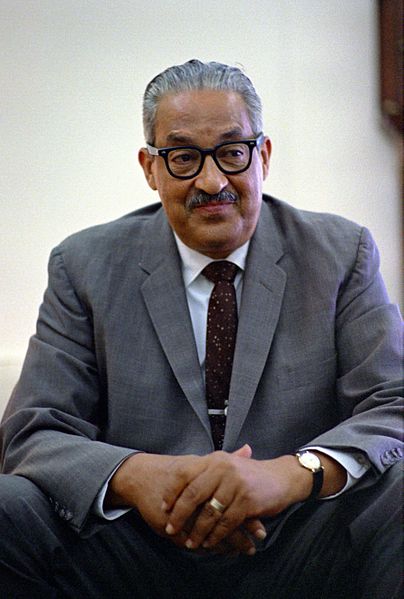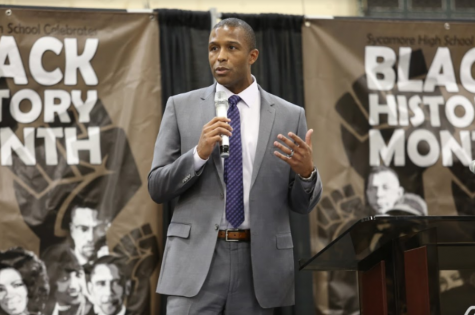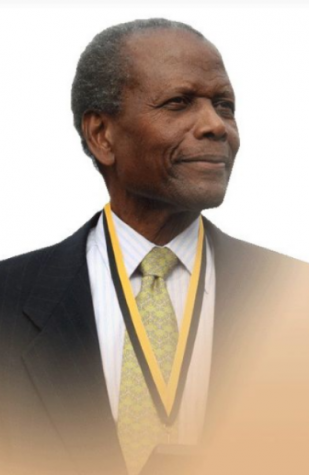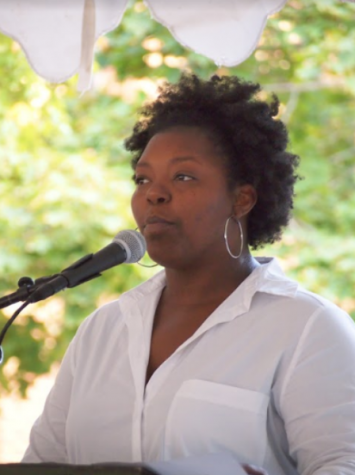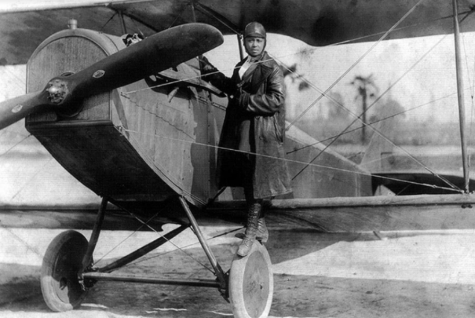Thurgood Marshall
Somewhere in Baltimore, MD, on July 2, 1908, the man who would become the first black justice on the U.S. Supreme Court was born to a railroad porter and a schoolteacher. The grandson of a slave, Thurgood Marshall was raised to appreciate the law and the United States Constitution.
After graduating from his local colored high school, Marshall attended Lincoln University, where he studied alongside future black leaders like writer Langston Hughes, future Ghanaian President Kwame Nkrumah, and musician Cab Calloway.
In 1930, the University of Maryland Law School denied Marshall admission on account of his race, a rejection that would stick with him for the rest of his life. He went on to graduate first in his class from Howard University Law School, where he made several more pivotal professional connections.
After kicking off his law career by successfully suing the University of Maryland for its decision not to admit a young, black Amherst University graduate, Marshall moved to New York and became Chief Counsel for the National Association for the Advancement of Colored People (NAACP).
Marshall went on to work with the United Nations and the United Kingdom on racially charged affairs, and built his record domestically as a skilled and successful lawyer, striking down a remarkable number of discriminatory and segregationist laws, some through Supreme Court challenges.
During these years, Marshall worked in law as the protector of America’s minorities and a champion of civil rights for poor and black Americans, a legacy he would carry with him until death.
In 1954, President John F. Kennedy appointed Marshall to the U.S. Court of Appeals for the Second Circuit. By the time he became an associate justice on the U.S. Supreme Court via President Lyndon B. Johnson’s nomination, Marshall had represented and won more cases before that court than any other American.
Throughout his 24 years as an associate justice, Marshall took his social justice further, fighting for people experiencing homelessness, poor Americans, and incarcerated people with mental illnesses, to name a few.
“In recognizing the humanity of our fellow beings, we pay ourselves the highest tribute,” Marshall once said.
As the Supreme Court grew more and more conservative, Justice Marshall kept the Court conscious of America’s voiceless. He died on Jan. 24, 1993.
Sources:
Your donation will support the student journalists of Sycamore High School. Your contribution will allow us to purchase equipment and cover our annual website hosting costs.


